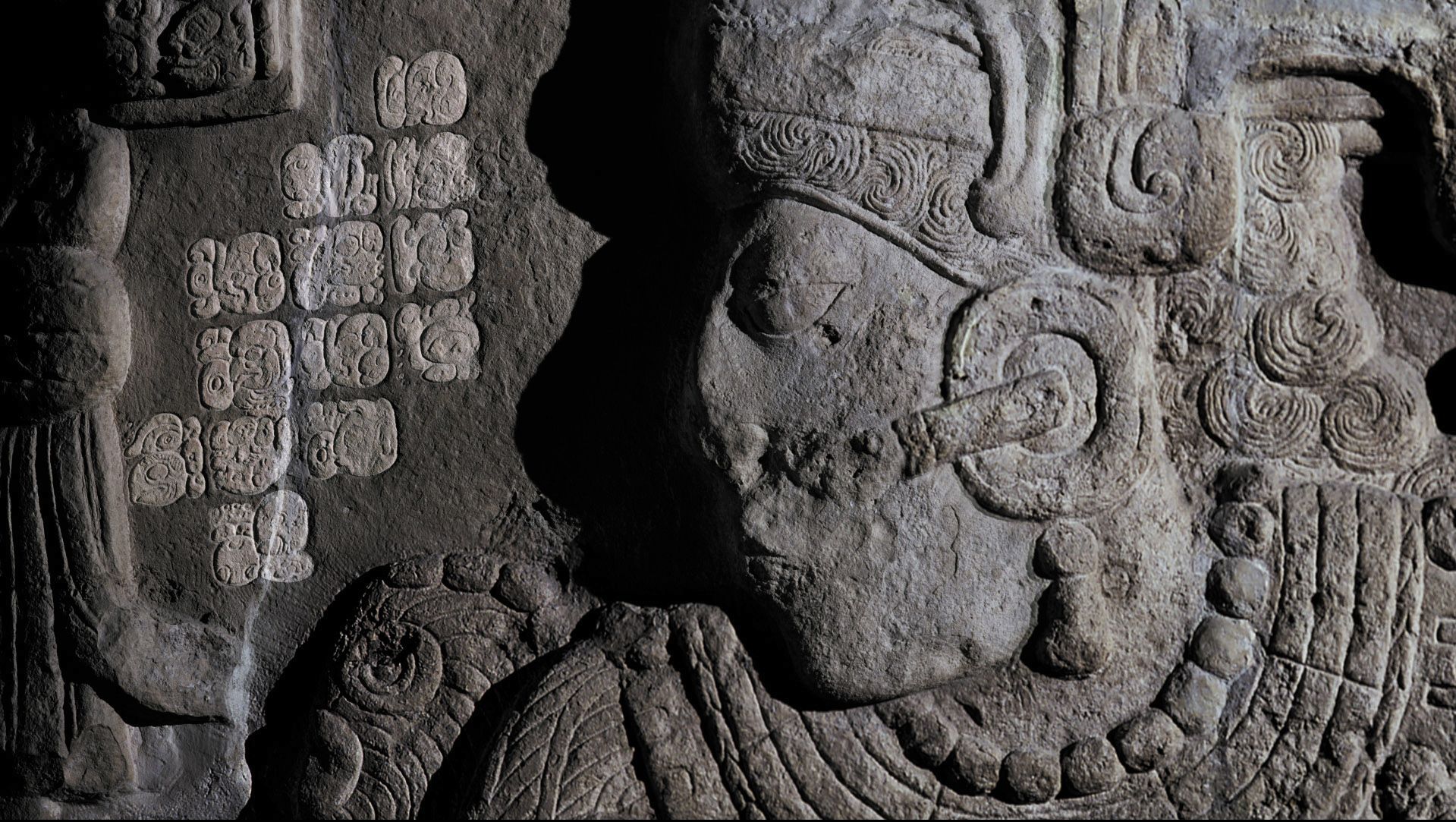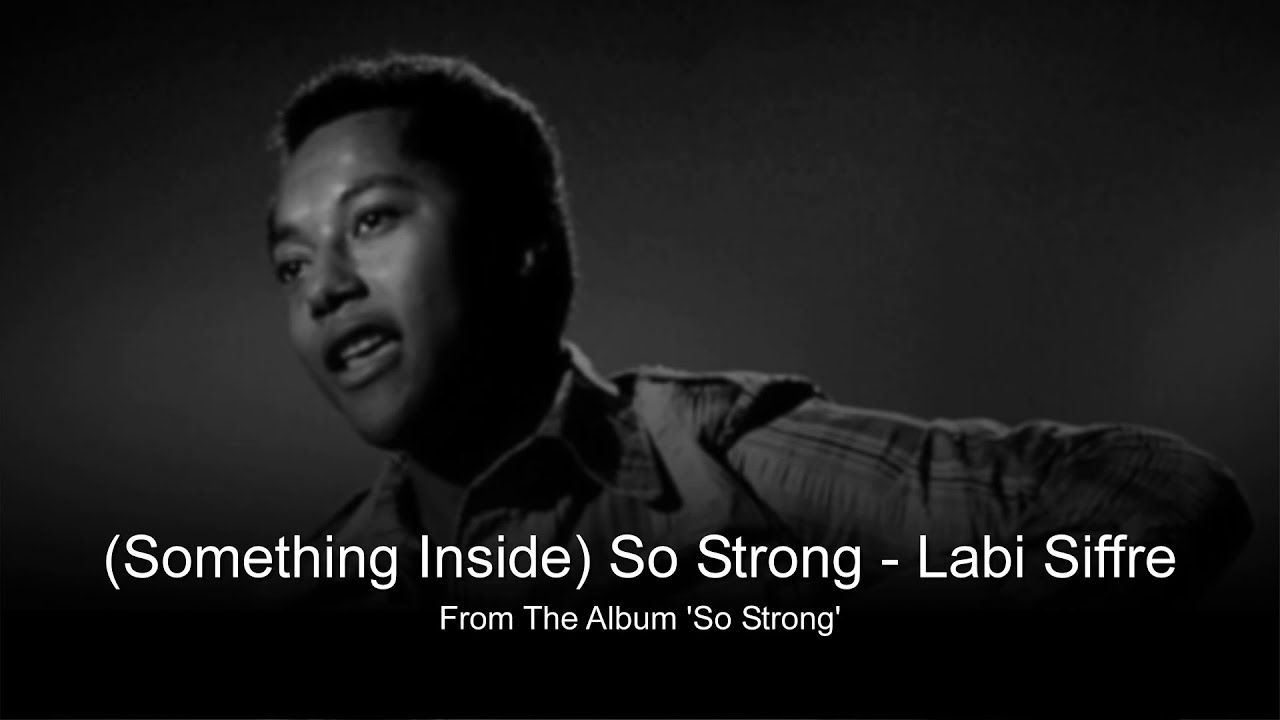ToK Essay Titles Nov 2021 Prompt 5
Climate change and confidence
This title is a potential minefield of ambiguity, not least because it overlaps with Title 6 about the nature of uncertainty. For example, we can be certain that an event, like the recent US Presidential election, actually occurred but lack confidence in how we remember the twists and turns of the process. We can be uncertain about the future of our lives in a Covid world yet remain confident that we’ll adapt as best we can to whatever happens. Such confidence is personal and individual, subject to our moods and expectations at the time. It ties in with our attitudes and whether we generally take an optimistic or pessimistic outlook on life.
How does this work with knowledge? Well, Archimedes’ ‘Eureka moment’ seems to exemplify a strong confidence in what he suddenly recognised about the physics of mass though it would take some time and further experimentation and theorising before he could be certain. What he thought he knew about physics was about to change but he couldn’t announce his confidence before testing his theory.
This points to a distinction that could be helpful for a discussion of the title. Try to differentiate between personal or ‘psychological confidence’ and ‘epistemic ‘confidence’ (there’s a parallel distinction with the notion of ‘certainty’.) Psychological confidence is bound up with our emotions and changes with our changing moods and circumstances. Epistemic confidence is built into the very process of knowledge production and acquisition. On the one hand, when we are confident in what we claim to know, this means we not only believe in this knowledge but we’re also secure in being able to support this by means of some evidence. This ‘fixes’ or ‘steadies’ the initial emotional confidence we experience. On the other hand, our confidence is enhanced or undermined to the extent that what we claim to know is validated or rejected by others – our peers – in the pursuit of knowledge. In short, epistemic confidence, and certainty, are bound together within an interpersonal process. Within a knowledge community, experts engage in questioning each others’ knowledge claims to test them for their veracity. When our community agrees with our knowledge, the certainty of it, hence our confidence in it, rises. And vice versa if they disagree.
Of course, problems occur when you place this abstract discussion within the context of specific AOKs with concrete examples. When I learn that the Pope is open to the idea of gay marriage, can I now be so confident in claiming that gay marriage is wrong? Can I adapt and be confident that it’s right? This would surely mean that I would have to reject my old knowledge and emotionally and spiritually embrace the new knowledge. Believers might argue that my confidence here ought to be sustained not by any appeal to evidence but by my ‘faith’ that the Pope’s change of perspective is shaped by God. In fact, it could be argued that the Pope’s change of perspective is a test of the community’s faith.
Within the context of the N and H Sciences, the distinction between confidence and certainty is sometimes blurred, owing to the way in which both experts and non-experts muddle the concepts. However, this article on climate science goes some way to untangle the concepts and explain how scientists generally measure confidence and certainty levels within a field in which knowledge seems to change so rapidly.
In presenting data about the nature of anthropogenic causes of global warming, the Intergovernmental Panel on Climate Change (IPCC), distinguishes between two scales. First, there is a scale of ‘confidence’ which has qualitative measures, shaped by the “type, amount, quality and consistency of evidence”. Second, there is a scale of ‘certainty’ which is measured in terms of probabilities by means of the methodological tools of “observations, modelling results of expert judgement”.
This way of framing the two related concepts has two advantages. First of all, it leads to more consistency and clarity in communicating the data relating to climate change. And secondly, the terminology generates clear feedback to help experts pin point whether or not a specific area of climate research needs further investigation or if their data gathering techniques are flawed.
The ultimate aim is, of course, is that clarifying our concepts in this way helps us reach a scientific consensus about a global issue which we may or may not survive. The last two paragraphs of the article neatly sum up the wider implications of why it’s so crucial to measure scientific confidence and certainty.
















